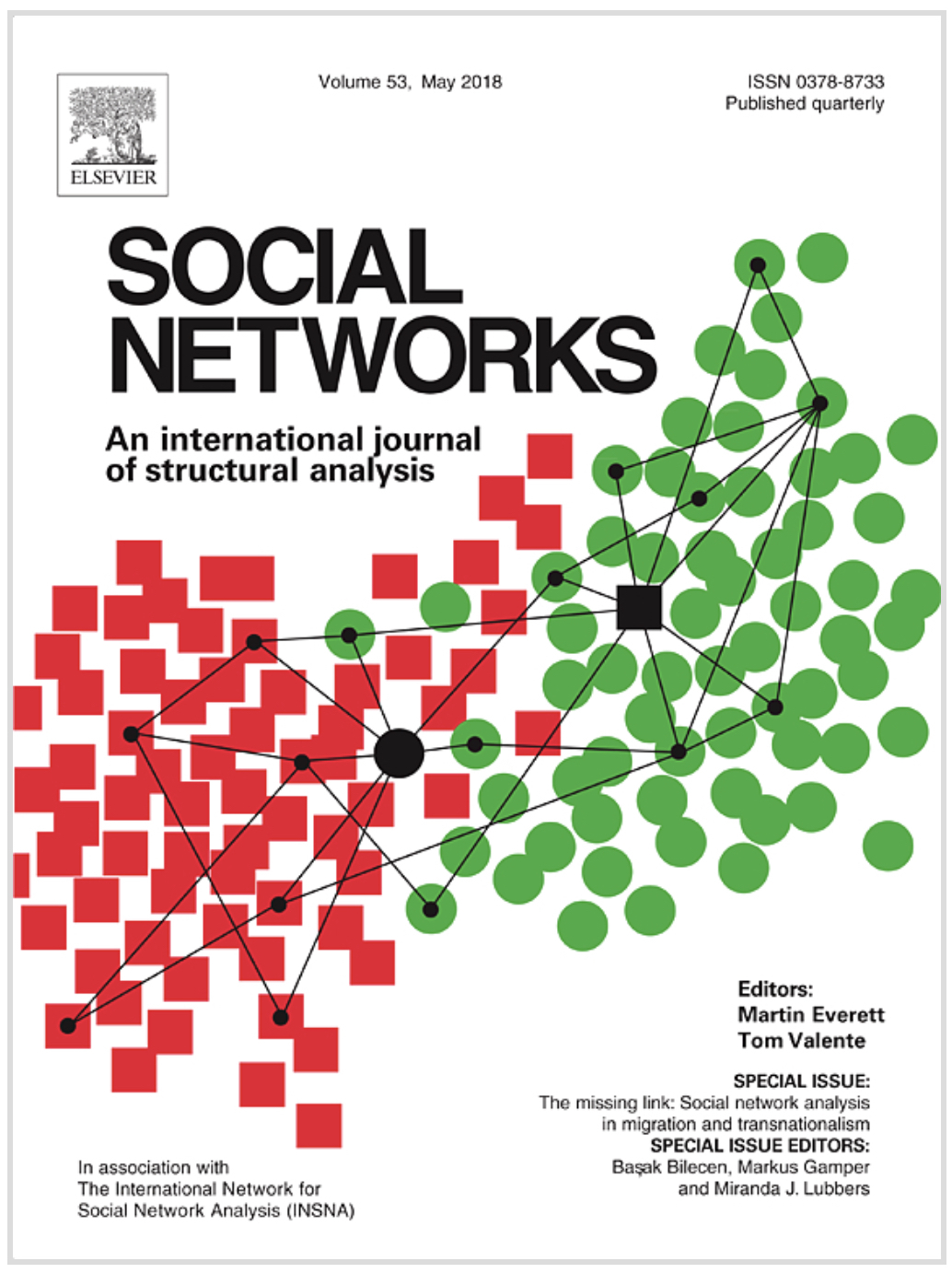
An Exploratory Comparison of Name Generator Content: Data from Rural India
Abstract
Since the 1970s sociologists have explored the best means for measuring social networks, although few name generator analyses have used sociocentric data or data from developing countries, partly because sociocentric studies in developing countries have been scant. Here, we analyze 12 different name generators used in a sociocentric network study conducted in 75 villages in rural Karnataka, India. Having unusual sociocentric data from a non-Western context allowed us to extend previous name generator research through the unique analyses of network structural measures, an extensive consideration of homophily, and investigation of status difference between egos and alters. We found that domestic interaction questions generated networks that were highly clustered and highly centralized. Similarity between respondents and their nominated contacts was strongest for gender, caste, and religion. We also found that domestic interaction name generators yielded the most homogeneous ties, while advice questions yielded the most heterogeneous. Participants were generally more likely to nominate those of higher social status, although certain questions, such as who participants talk to uncovered more egalitarian relationships, while other name generators elicited the names of social contacts distinctly higher or lower in status than the respondent. Some questions also seemed to uncover networks that were specific to the cultural context, suggesting that network researchers should balance local relevance with global generalizability when choosing name generators.
Citation:
H.B. Shakya, N.A. Christakis, and J.H. Fowler, "An Exploratory Comparison of Name Generator Content: Data from Rural India" Social Networks, 48: 157-168 (January 2017)